Effective communication, dissemination, and exploitation – successful valorisation of knowledge and research results in Horizon Europe
Communication, dissemination, and exploitation activities are an integral part of Horizon Europe projects to maximise the impacts of the EU research & innovation funding, deriving from the Implementation Strategy for Horizon Europe and principles of the European Research Area (ERA) that aims to create a single, borderless market for research, innovation and technology across the EU.
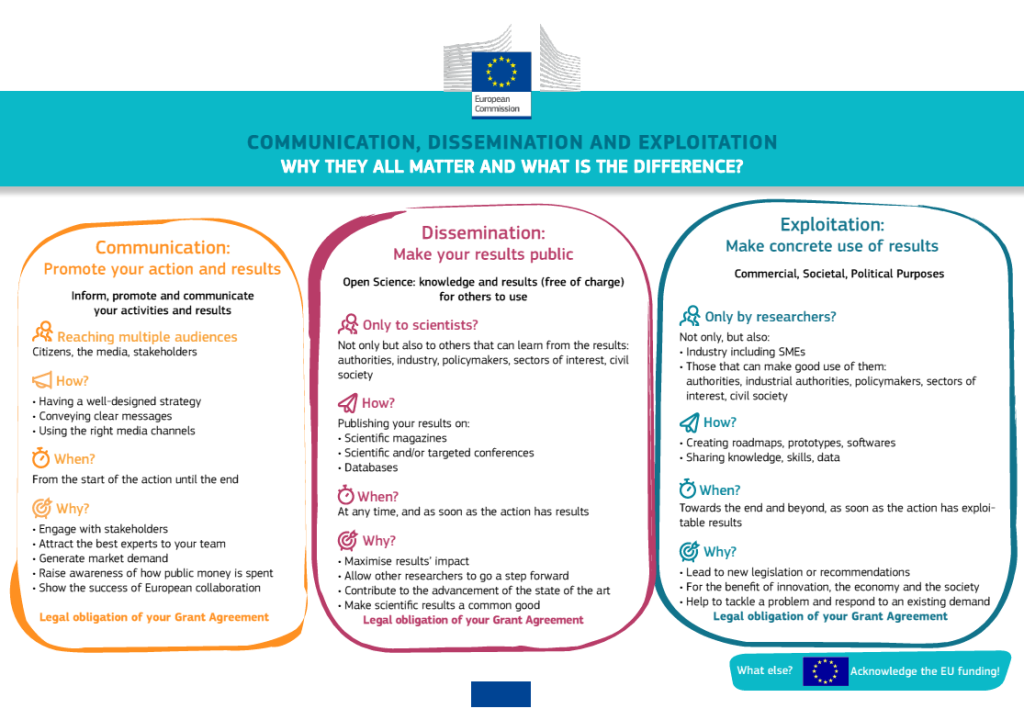
Opportunities for Social Sciences and Humanities – Horizon Europe (Cluster 2 & SSH integration) and beyond
As the European Union is currently facing many complex challenges, the role of social sciences and humanities (SSH) is crucial to understand rapid and structural transformations of the European societies and to prepare evidence-based policy responses.
To foster the role of SSH, the EU issued several programs and grant schemes supporting researchers, innovators and civil organizations engaged in social sciences and humanities, including a special place for SSH in Horizon Europe, the biggest research and innovation program of the EU.

Gender Equality Plan – How to develop and implement a Gender Equality Plan in a research institution?
The European Union undertakes a number of activities to promote gender equality in the research, innovation and higher education (R&I, HE) sectors. An example of this is the strengthening of the ‘gender equality’ aspects in the EU framework program – Horizon Europe, which is the largest instrument for financing research and innovation in Europe.
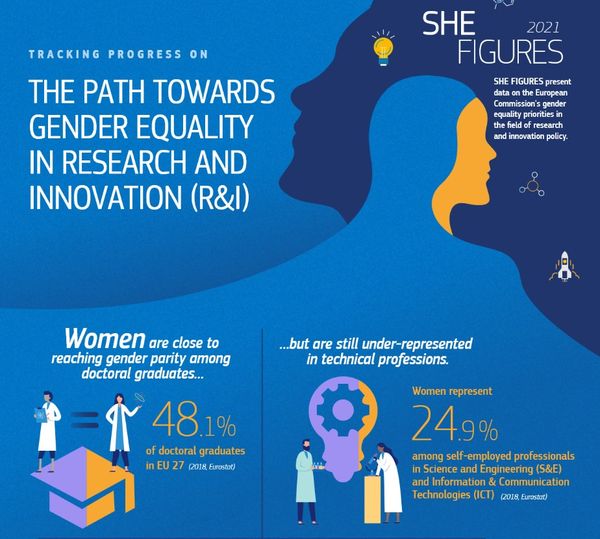
EU Missions – How to solve major societal challenges?
The most pressing challenges that we face nowadays need coordinated, transnational efforts to be identified, tackled, and solved. Hence, the engagement of stakeholders at all levels – researchers, entrepreneurs, citizens, and policy makers – is crucial to achieve the synergy effect necessary to invent and implement the tailored-made solutions.
The European Commission has identified five societal challenges that need to be addressed – adapting to climate change, fighting cancer, living in greener cities, protecting the ocean, seas, and waters, and ensuring healthy soil and food – and has prepared a cross sectoral actions (within the framework of Horizon Europe) to overcome them – EU Missions.

Gender equality plans. The Polish Science Contact Agency PolSCA Guide
Scientific institutes of the Polish Academy of Sciences (PAS) are introducing gender equality plans (GEPs). Departments entrusted with the preparation of these documents will find help in the guidebook prepared by the Polish Science Contact Agency PolSCA of the Polish Academy of Sciences in Brussels. Implementing gender equality plans in research institution will soon be mandatory for applicants in competitions of the Horizon Europe, including MSCA and ERC.
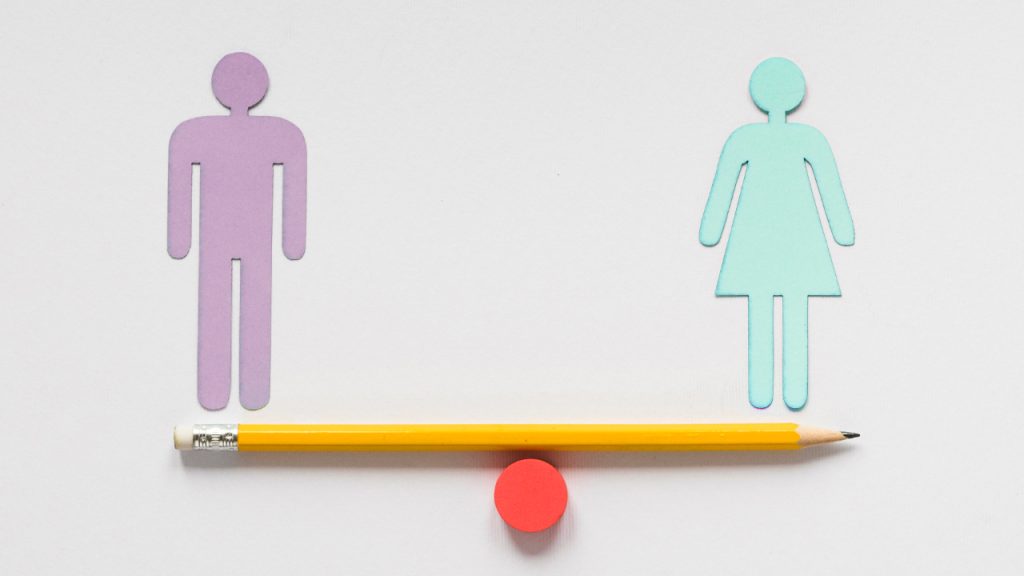
Your opinion counts! Public consultations of the UE documents.

In the current programming period for 2021-2027, the European Commission has set itself the goal of working even more closely with the public and other stakeholders in the policy-making and EU legislative procedure. The process is to be more transparent, simplified, effective and reflecting the views of citizens and stakeholders. The public consultations are already open not only to public institutions, but also to any organization or private person. Certainly, this also applies to the research and innovation sector. As a consequence, the public consultations will have a significant impact on the directions and strategies related to the R&I policy in the European Union.
(wiecej…)Doubling poetry – a book about the linguistic poetry of Marian Pankowski
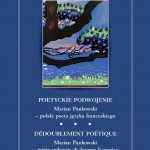
‘One day, Marian Pankowski, a very polyvalent author, during a meeting in Brussels, when he was talking about his poems, he made me feel like getting to know them better’. This is how the book “DOUBLING POETRY. Marian Pankowski – Polish poet of the French language ”(DÉDOUBLEMENT POÉTIQUE. Marian Pankowski – poète polonais de langue française), written by prof. Dorota Walczak-Delanois, began. The Polish Science Contact Agency would like to recommend a publication devoted to this recognized professor of the Free University of Brussels (ULB), translator and author of the first post-war anthology of Polish poetry translated into French. The book was published at the end of 2020 in a bilingual Polish – French format in the Polish-Belgian series ‘Polonica in Belgium – Belgica in Poland. People – sources – texts’ (Polonica en Belgique – Belgica en Pologne. Figures – sources – textes). It is worth adding that it is part of the scientific cooperation between the University of Warsaw (Institute of Applied Polish Studies, Faculty of Polish Philology) and the Department of Polish Studies at ULB. Enjoy the reading!
(wiecej…)Social sciences and humanities in the EU framework programs – ‘state of art’ and new opportunities
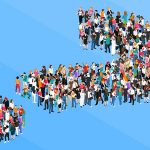
The beginning of the year is both a period of scientific summaries and a time when new opportunities are opening up for researchers. Therefore, Polish Science Contact Agency PolSCA would like to highlight the main conclusions from the 5th report of the European Commission on the integration of social sciences and humanities in the EU framework program ‘Horizon 2020’, which may shape solutions implemented in the next program ‘Horizon Europe’. In addition, we present below three other EU initiatives that may be of interest to the research community in the field of SSH: ‘EIT Cultural and Creative Industries-KIC’ partnership, as well as the ‘New European Bauhaus’ initiative and the continuation of the ‘Creative Europe’ program. We encourage you to read it!
(wiecej…)A Report on Women in Polish Political Science: From Diagnosis to Cooperation – conclusions and recommendations
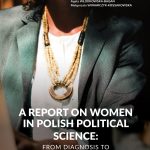
Over the past few years, the number of women involved in research and innovation has been steadily increasing (for detailed statistics see She Figures 2018 report). Furthermore, the international mobility of women researchers in the higher education sector is greater. However, this does not change the fact that gender is still an important factor influencing access to high positions at universities, hampering the progress in academic careers by ignoring women’s achievements or assigning women scientists’ findings to men. As European Commission factsheet shows, there is a high need for equal treatment policy in HE institutions, monitoring of female researchers’ needs and sharing good practices in supporting women’s scientific careers.
(wiecej…)Who was professor Józefa Joteyko? Konieczna’s paper in quarterly ‘Nauka’ (no 1/2019)

We kindly invite you to read the article of Seweryna Konieczna ‘Professor Józef Joteyko – The distinguished Polish scientist of the 19th and 20th century’, which was published in the quarterly ‘Nauka’ (no 1/2019)!
Józefa Joteyko was the outstanding scientist in the end of the 19th and in the beginning of the 20th century. Together with Maria Skłodowska-Curie she was the most famous woman and scientist of Polish origin in Europe. She was given the right to present her lectures in the Collége de France and she was, after Adam Mickiewicz, the second Polish lecturer at this great academy. She had committed her life to scientific disciplines which included child neurology, neurophysiology, psychology and pedagogy. She had managed to develop each of them evenly with the same progress and in relation to children. Such approach was aimed at understanding the child and gathering the knowledge about its character and predisposition. These was also meant to help in determining what kind of educational and professional way the child should take. The present-day psychological and pedagogic clinics are the practical fulfilment of Józefa Joteyko’s idea and we cannot imagine the contemporary education without the support of such institutions.
(wiecej…)Next Page »« Previous Page


